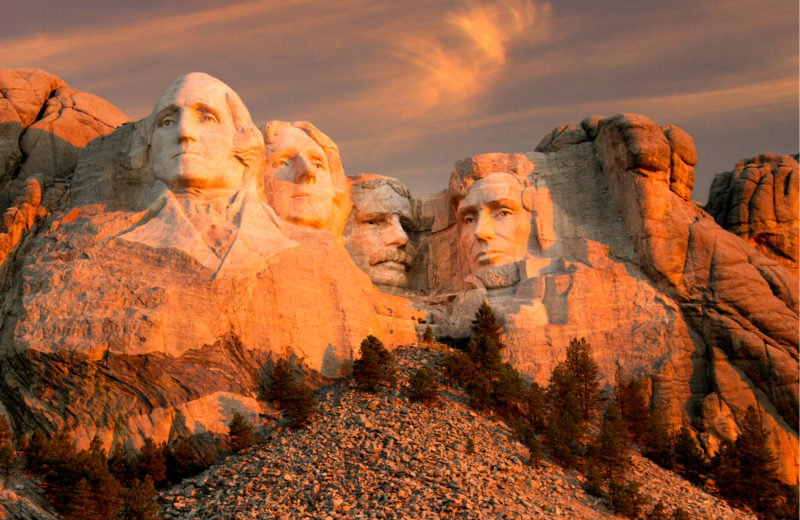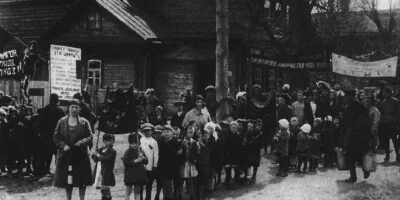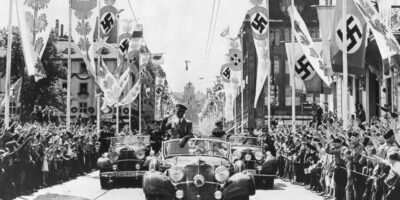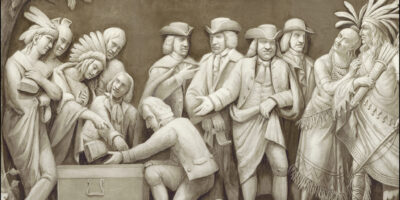Enough of this Idea of Presidential Greatness

What constitutes a great president? Every presidential election, pundits and commentators opine on the characteristics of presidents that made them great. Starting in 1948, at the impulse of Arthur Schlesinger Sr. of Harvard University, historians have weighted in by providing their rankings of the presidents according to greatness. Ever since, the surveys of presidential performance have multiplied with the most famous being the C-Span Survey.
However, it would be wise to be careful in using these surveys. Not because they are flawed but rather because presidents care about them.
While presidents earn prestige while in office which translates into remunerative book deals, lecture fees and consulting gigs, they also care about their prestige in history books. The chances of eternal recognition in the history books are alluring. Thus, presidents do not only try to appeal to voters. They also appeal to the constituency of historians and presidential scholars who will interpret their presidency and the way it is taught in history books and classes.
This mindfulness for historical reputation implies that presidents will act in ways that historians can observe. In other words, proactive presidents leave bread crumbs in the forest that historians can use to generate their assessments. Inactive presidents leave fewer crumbs making it harder to assess them.
This may seem like a trivial statement, but it has important ramifications for our assessment of how presidents affect living standards. In certain situations, inaction and restraint are superior to proactivity. Consider the example of the Great Depression. While some of the policy changes during the Depression had positive effects, the vast majority did not. The New Deal of Franklin Roosevelt, which took up certain policies of Herbert Hoover, was an inconsistent set of policies adopted for the purpose of appearing proactive. Based on strange ideas regarding economic theory (which many argued to be wrong even then), the policies lengthened and deepened the Depression. Inaction, in such a situation, would have been preferable to proactivity.
However, presidents are biased in favor of proactivity even when inaction is preferable. This means that there is an incentive to act, at least sometimes, against what is the superior course of action to improve human well-being. While the example of the Great Depression is an extreme one, milder illustrations are available. More government spending is more easily observable even if that spending may slow down economic growth. A larger army and more interventions abroad are easy to observe but they may make things worse for both Americans and foreigners.
To measure this bias, Philip Magness, Frank Garmon Jr. and myself attempted to create a measure of presidential restraint. “Restraint” can be either willful (such as proposals to reduce government spending) or they can occur in spite of the president’s wishes to be proactive (such as when a president faces a Congress held by opposing parties). We assembled information about the size of the army, foreign interventions, the number of vetoed bills, the size of government and the composition of Congress. We used these measures to see how well they predicted the scores obtained on surveys of presidential greatness such as the C-Span survey (as well as others).
What we found confirmed the intuition laid out above: restraint carries sizable reputational penalties (meaning that proactivity comes with a premium). The largest of these penalties stemmed from whether or not a president faced a Congress controlled by an opposing party. This is a particularly crucial result in our work and for our assessment of presidential performance. Facing a divided government is not willful restraint. It is a restraint imposed on presidents who would otherwise have the chance to be more proactive. This restraint is, to use the breadcrumbs in the forest analogy again, the equivalent of giving fewer breadcrumbs to presidents.
Bear this logic in mind during the election cycle. The men and women who are contending for power want to be seen to get your vote. They also want to be seen by historians and social scientists who will bear judgment upon their presidencies in the books they will write. This desire is powerful and could lead them to act in ways detrimental to human well-being broadly speaking if it conflicts with their desires to be seen.










